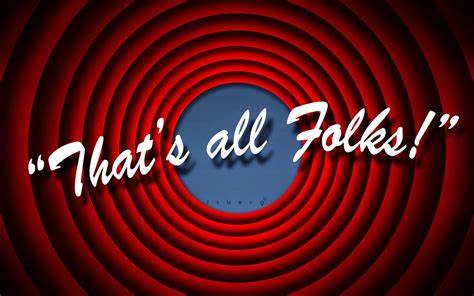
The end of the world happens, is happening, has happened, is not so much a trick of the tongue as a matter of bad luck to have been born and lived in one place in a bad time. It is a semantic riddle except for those whose world has been consumed in fire.
The end of the world comes for over 150,000 human beings every day, countless animals, who knows how many acres of land poisoned or blacktopped.
The world ended for Native Americans, for Africans taken in raids and sold off into slavery, for 6 million Jews, for 1 million Armenians, for 200,000 Syrians under assault by Assad and the Russians, in the genocide of the Uighurs by China. The Black Death killed 50% in Europe. As of this writing, Covid has killed almost 800,000 world wide and close to 200,000 in the US.
The world ended in Greece twice. During an invasion of Mycenaean Greece around 1150 BCE, “… the standards of civilized life collapsed. Cities inhabited for centuries were suddenly deserted. Small settlements were made in high fastnesses, for instance in Crete, and in many fertile districts a hiatus in the archeological evidence ensues. The intercommunication, which had been a feature of Mycenaean civilization, was completely broken and each district lived unto itself in isolation (74).”
In Athens in the early summer of 430 BCE, “… a terrible plague broke out in the crowded cities of Pireaus and Athens, where the refugees from the countryside were squatting in shacks on waste land or in the precincts of the temples or in the fortifications themselves. Water supplies were inadequate, especially in Piraeus, where the rain tanks on which people depended were soon fouled. Under such conditions the contagion spread apace. Medical skill was of no avail. Those who tended the sick were immediately infected. A prostrating melancholy was followed by a burning inflammation of the eye, throat, and lungs, by coughing, ineffectual retching, and unquenchable thirst. Men died like sheep; corpses accumulated in heaps. Nothing protected men from its attack — not physical strength, nor piety nor wealth — and only those who had once survived the disease felt any security that they would live. “
Now, the Amazon is burning and the American West, heat is overtaking every region of the planet as we pour more CO2 into the atmosphere, an extinction event is taking place all around us, treaties for the restriction of nuclear weapons are being discarded, tyranny is spreading: in China, Russia, Hungary, into Hong Kong, into Poland, into the Philippines, trending west, the seeds of it pushing up shoots here.
Without discounting the seriousness of the moment, the world has always been ending in one form or another, and so the question becomes how is one to respond, how is one to live?
Not through despair, especially not the unseemly despair of the comfortable, of the unpersecuted, of the unafflicted. Despair is the annihilation of hope. In The Plague, Camus writes that “the habit of despair is worse than despair itself.” In the presence of destruction, to retain our humanity we must lament, but we must also count that which is worth preserving and worth a fight. For me, for 45 years, the answer to despair is to fight for children and for the young.
However personally corrupt we have become, however lazy or delusional or complacent, we must not ascribe those qualities to those who have not had the opportunity to live full lives, to those who retain innocence and idealism and who possess the energy to once again set out to reform all that which the old have brought to the edge of ruin.
The world is ending and has always been ending but is always beginning anew through the young and through children, the personifications of our hope. They are worth a fight and every sacrifice.
A History Of Greece by NGL Hammond. Oxford At The Clarendon Press, 1959.